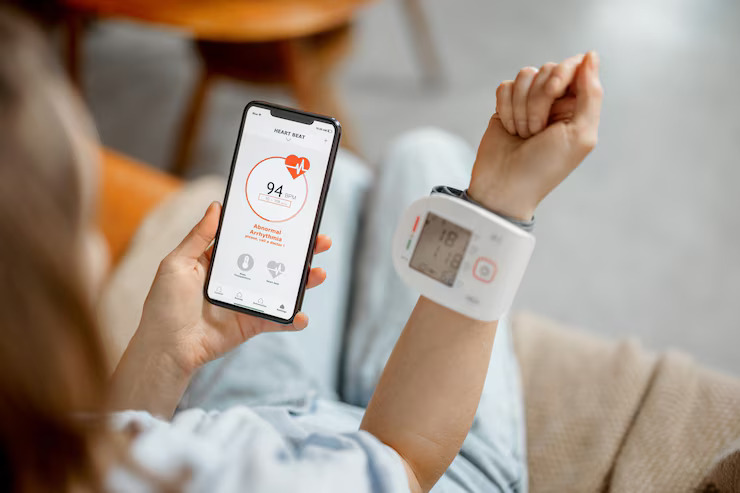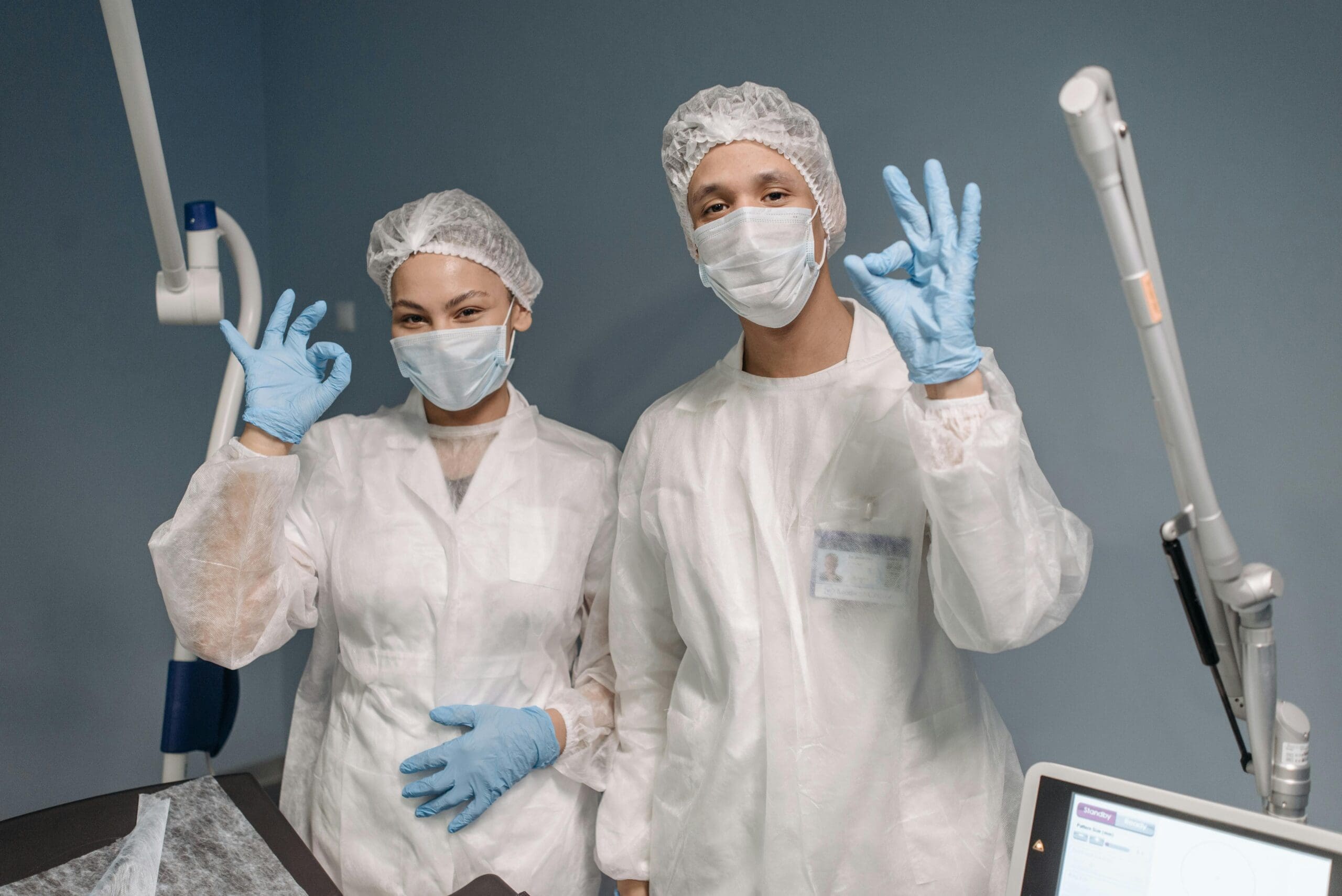Parkinson’s disease (PD) is a neurodegenerative disorder characterized by motor symptoms such as tremors, rigidity, and bradykinesia. Clinical trials aimed at developing treatments for PD face challenges in accurately assessing symptoms like dyskinesia and tracking the disease’s progression. Traditional methods of data collection often lack real-time insights and comprehensive patient engagement. In this case study, we explore how Delve Health’s platform, integrated with wearables, revolutionized a Parkinson’s clinical trial, enhancing data collection, patient monitoring, and study outcomes.
Client Background:
A leading pharmaceutical company specializing in neurology initiated a Phase II clinical trial for a novel PD treatment. The trial aimed to assess the efficacy and safety of the new therapy in managing motor symptoms, particularly dyskinesia, in PD patients.
Challenges:
- Accurate Symptom Assessment: Traditional methods of assessing dyskinesia, such as subjective patient diaries or intermittent clinical assessments, often lack precision and real-time insights.
- Comprehensive Data Collection: The trial required frequent and comprehensive data collection to track symptom fluctuations and treatment responses over time.
- Patient Engagement: Maintaining patient engagement and adherence to data collection protocols throughout the trial was crucial for obtaining reliable data and ensuring study success.
The pharmaceutical company partnered with Delve Health to implement a comprehensive solution for the Parkinson’s clinical trial:
Delve Health Platform
- Utilized Delve Health’s platform to centralize data collection, patient communication, and study management.
- Integrated patient-reported outcomes (PROs) assessments, including the Unified Parkinson’s Disease Rating Scale (UPDRS), into the platform for convenient and standardized data collection.
Wearable Technology Integration
- Integrated wearable devices capable of continuous monitoring of motor symptoms, including dyskinesia, tremors, and gait abnormalities.
- Wearables synchronized with the Delve Health platform to provide real-time data streams, enabling immediate symptom assessment and analysis.
Patient Engagement
- Leveraged Delve Health’s patient engagement tools to provide educational resources, reminders for data collection, and feedback on symptom management.
- Encouraged active participation through gamification elements and incentives, fostering long-term patient engagement and adherence.
Results
- Enhanced Symptom Monitoring: Real-time data from wearables enabled continuous monitoring of dyskinesia and other motor symptoms, providing researchers with accurate and detailed insights into symptom fluctuations and treatment responses.
- Improved Data Quality: Integration with the Delve Health platform facilitated standardized data collection, reducing errors and inconsistencies associated with manual data entry and paper-based assessments.
- Increased Patient Adherence: Patient engagement features and user-friendly interfaces encouraged active participation and adherence to data collection protocols, resulting in a higher quality and quantity of data throughout the trial.
Conclusion
By leveraging the Delve Health platform and wearable technology, the Parkinson’s clinical trial achieved significant improvements in symptom monitoring, data collection, and patient engagement. The integration of real-time data streams and comprehensive assessment tools enabled researchers to gain deeper insights into disease progression and treatment efficacy, ultimately advancing the development of novel therapies for Parkinson’s disease.
This case study highlights the transformative impact of digital health solutions in revolutionizing clinical trial methodologies and improving outcomes for patients with neurological disorders like Parkinson’s disease.






































